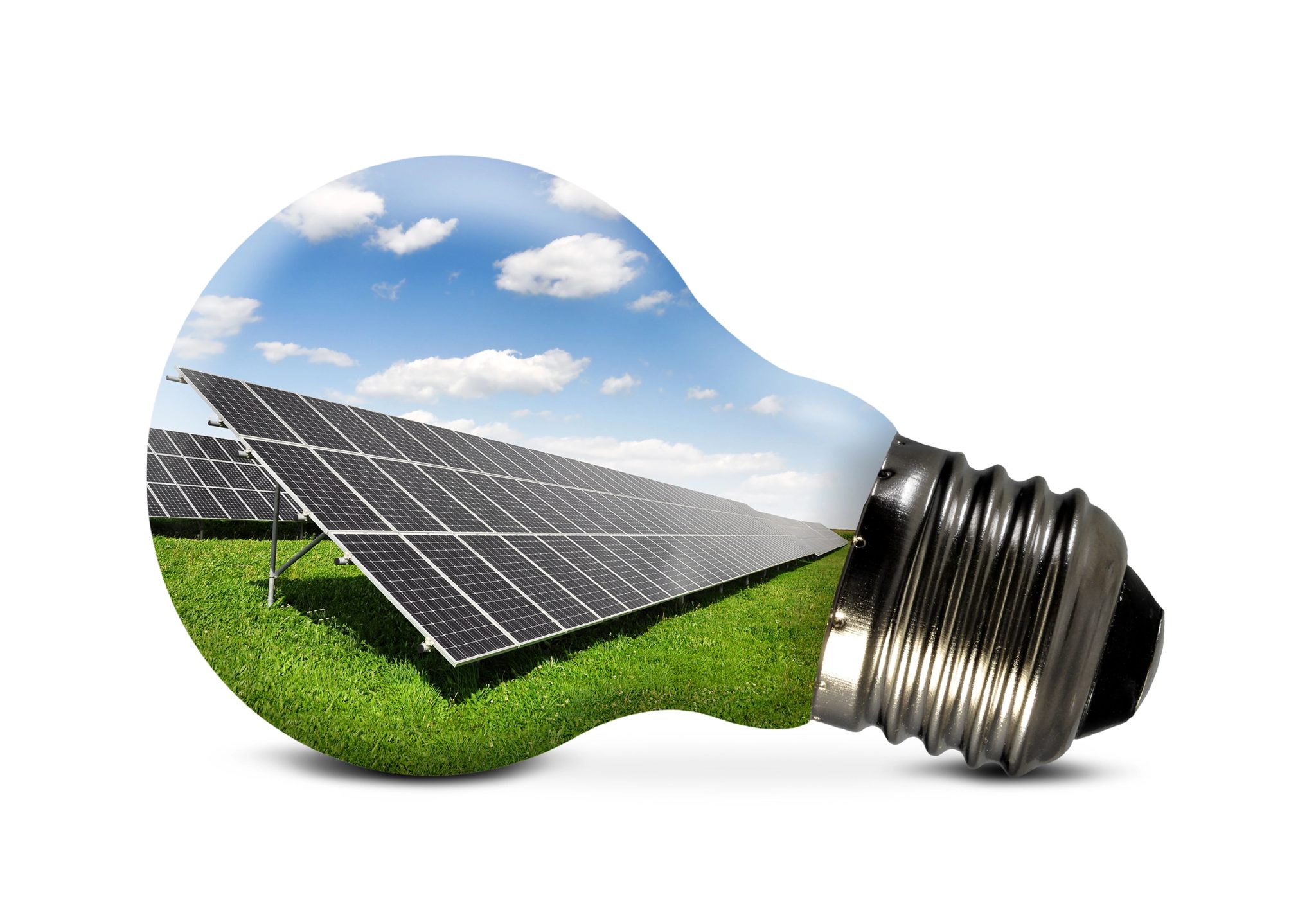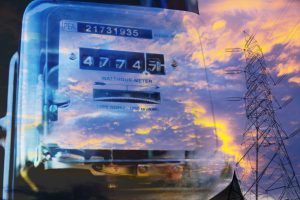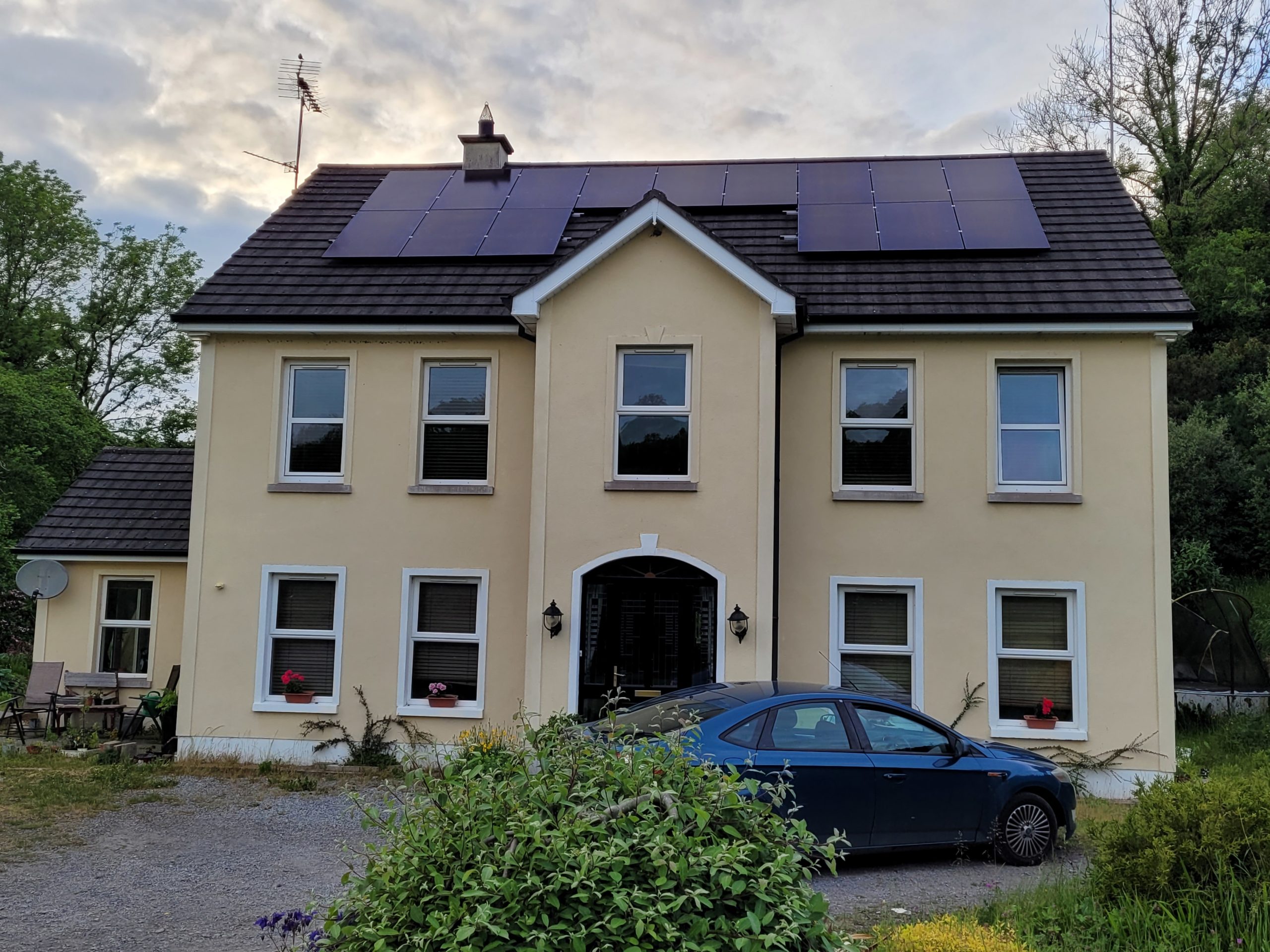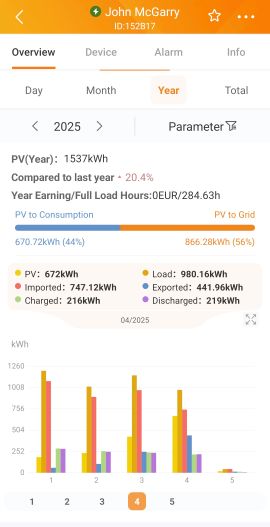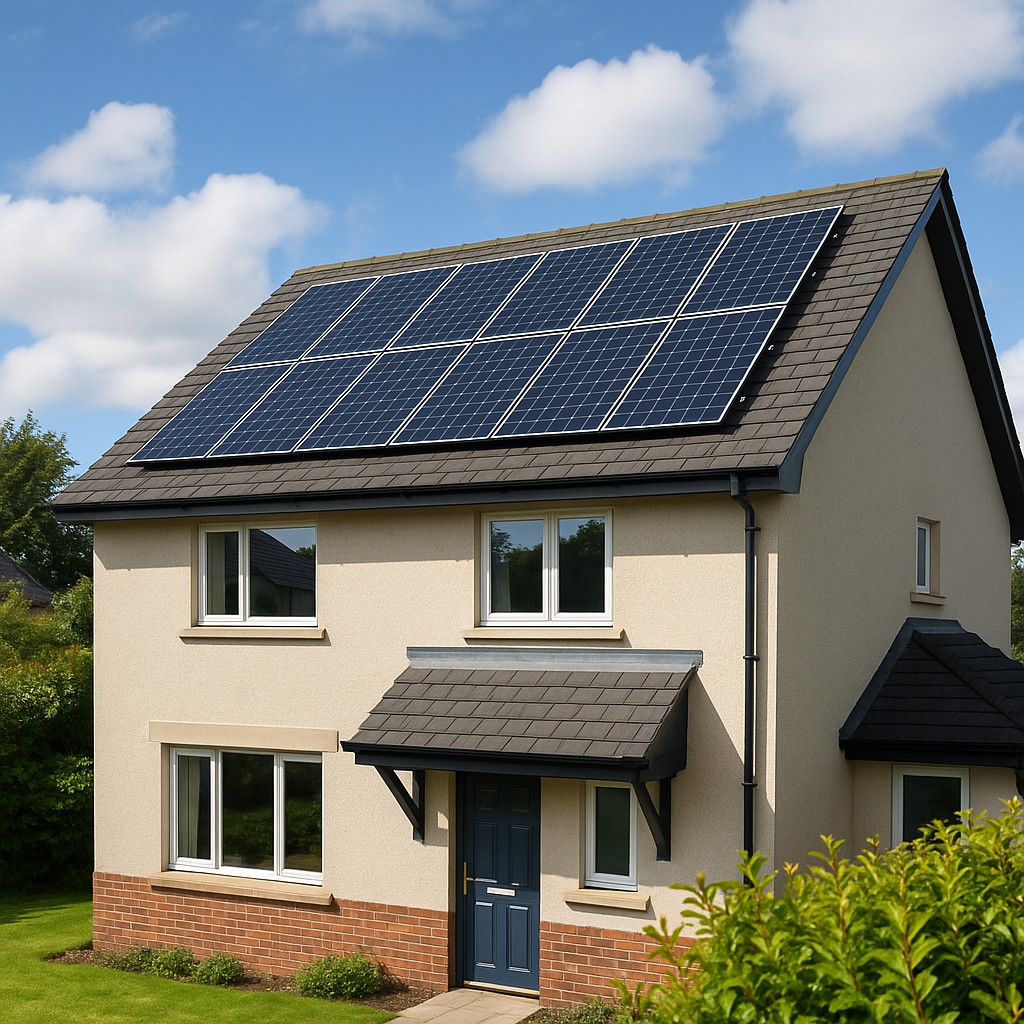Solar Panel Cost Ireland Estimations for 2025
Let’s take a broader look at Solar PV pricing in Ireland. In 2025, our research shows installing solar panels on an Irish home generally costs from €3,200 to €15,600, depending on system size and setup. Grants are already factored into these prices. The big difference between the two prices shows that just like buying a car for example, peoples needs from any solar pv system installed and the budget they have to spend can be quite different. The good news from this wide price range is that there is mostly likely a package suitable for you needs. As already stated most average home installations fall in the mid of this range – often around €5,000–€8,000Factors affecting Solar Panel Prices
- Not all solar panels are the same, the amount of electricity they can generate does vary. I installed my solar panels 4 years ago, the panels on my roof are 380W panels, today you can get panels up to 450W. I would need less panels today to get the same output I currently enjoy. So while your individual panels may cost a bit more you may need less of them.
- The larger the system, the higher the cost, but there are some economies of scale (bigger systems often cost slightly less per kW than very small ones). For example, a 7 kW (16-panel) setup might cost around €8.7k after grant, which is roughly €1,243 per kW, but a tiny 1.8 kW (4-panel) system is around €4.8k or €2,667 per kW. In other words, small installations have higher unit costs because certain fixed expenses (scaffolding, wiring, inverter, etc.) are spread over fewer panels.
- Are you going to include a battery in your setup, if so this will add to costs as you will need the battery itself and also a slightly more expensive Inverter.
- If you roof is in the shade you may need to add optimizers to the mix, again more costs.
Solar Panels are an Investment
It is reasonble to focus on the question how much do solar panels cost. I would like to suggest you consider when thinking about installing solar panels on your home you think of it as an investment and not just a cost. Then you will ask the question what kind of a return will I get. Every cloud has a silver lining as they say. The increase in electricity costs over the last few years means payback period has reduced quite a bit for your investment. While electricity prices have come down from their crazy highes of two or three years ago they are still substancially above the where they where before Covid and the war in Ukraine. How many other investments can you make that are guaranteed to make you a return? After 6 – 7 years your panels will have covered your initial costs and you are then looking at up to 20 years of free eletricity for your home. Not only are you saving money but you also have the security of having your own independent source of power. If costs go up again that pay back period will reduce again. Of course if prices go down the pay back period will get longer but I am not holding my breath for any major price reductions. Your solar panels will generate up to 70% of your energy needs, significantly reducing your electricity bills. So, while the initial costs might seem high, the long-term benefits solar panels have on your cash flow and the environment are substantial.You really need a quote to know how much Solar PV will cost for your specific location
With so many Solar PV installers available,
who will you choose?
Save time by filling in 1 form & get 3 quality PV quotes, fast & free
Published costs of solar panels in Ireland
I went through some installers sites to see what figures they have on their site for the first quarter of 2025. I found the following examples. While they give you a great idea of the ball park figure you do not really know how much until they have talked to you about your needs and done a site survey of your home.Example cost of solar panels in Ireland
| House Type | System Size | Total Cost |
|---|---|---|
| Small terraced house | 4 panels (~1.8 kW) | €4,800 |
| 2-bed terraced house | 8 panels (~3.5 kW) | €6,200 |
| 3-bed semi-detached | 10 panels (~4.4 kW) | €6,600 |
| 4-bed detached house | 12 panels (~5.3 kW) | €7,400 |
| 6-bed detached house | 16 panels (~7.0 kW) | €8,700 |
Price Trends: 2024 vs 2025 – Rising or Falling?
Overall Trend: The cost of residential solar PV in Ireland has been on a downward trend over the past several years. Between 2022 and 2024, prices dropped significantly, and 2025 continues this pattern if not at a slower rate.
A major factor was the elimination of VAT on home solar installations. In May 2023, the Irish government abolished the 13.5% VAT on the supply and install costs of solar panels, instantly cutting about €1,000 off the average installation cost.
Prices remain much the same this year compared to last. The grant has come down over this period so this points to a modest reduction in costs.
The solar pv installation market in Ireland is now very competitive. There are many more installers looking for your business. This competition has helped keep prices down over the last few years.
Price is important but do remember if a price seems too good to be true then it may be just that.
Installing solar panels on your home is not a trivial task, there is quite a bit to it. To be done properly it requires a highly skilled team properly motivated to do the best job. Remember these panels will be on your roof for the next 25 years.
Four ways your solar panels can save you money.
- Generating your own electricity, this is the obvious one , harnessing the power of the sun using solar panels will generate significant savings on your electricity bills in Ireland. Think about it – a solar panel installation might seem costly initially but you see the saving in your electricity bills immediately. Over the long-term the benefits are substancial. With the cost of electricity, solar panels let you tap into a free, renewable source of energy that will drastically cut your bills. In Ireland, a solar panel system can save you up to €1,000 annually. The average Irish home can fulfill up to 70% of its electricity needs.
- Selling your excess electricity back to the grid. Thanks to Ireland’s Microgeneration Support Scheme, you can sell your excess electricity back to the grid. Excess electricity is electricity generated by your panels but not used immediatly or stored in a battery for later use. You will see this savings as credits on your electricity bill. Especially during the summer this can be quite a saving off your bill.
- Solar Battery, I have 10 kWh of battery storage as part of my solar panel system. I charge it every night on cheap electricity. Between 11 pm and 8 am my unit costs when buying electricity from the grid are 50% cheaper than the daily rate. Between 2 am and 4 am they actually reduce to about 25% of the daily rate. Every night I start charging my battery at 2 am, it takes about 3 hours to fully charge it. So 2/3 of the battery is charged at a 75% reduction of the daily rate and the last 1/3 at half the daily rate. This means regardless of the lack of sun during the day I am still saving as the battery has allowed me to use the cheaper night time electricity during the day. This is sometimes called grid shifting.
- Not such an obvious one here but as the old saying goes , what is measured is managed. If you get solar panels you will get an app to monitor it .These apps are very sophisticated. You will be able to monitor how much power your house uses, what is coming from the grid and what is coming from the panels. It will also show you what you are exporting. You will over time get a strong feeling for how your house uses electricity. This knowledge often in my experience talking to people with panels leads to a change in behaviour. For example dishwashers and washing machines get put on when unit prices of electricity are low or old appliances that are using lots of power get turned off or changed. You get smarter about how your use electricity in your home and this leads to more savings.
Battery and Storage Pricing
If you’re considering solar panels, don’t forget to factor in the cost and benefits of battery storage, Batteries while not absolutely needed for a successful solar installation can be very useful. Check out our blog post on the need for a battery with your solar pv system. When you make this green energy leap, it’s not just about the panels, it’s also about how you use the electricity you generate. Here are three key considerations for your solar energy storage:- Size: You can choose from many different battery sizes , eg 5 kWh, 7.5 kWh, and 10 kWh batteries, depending on your power usage and budget.
- Expandability: With solar batteries, you can add extra modules later on to increase your storage capacity as your needs grow.
- Monitoring: Batteries can be monitored with the handy app that you get when you install your solar panels
Solar Panel Types and Costs
As you explore your solar panel options, you’ll find there are several types available, including Monocrystalline, Polycrystalline, Thin-film, Bifacial, and Hybrid panels, each with unique features and efficiencies. In Ireland we mostly use the first 2 types. In Ireland, the most commonly used solar panels for residential and commercial applications tend to be Monocrystalline and Polycrystalline solar panels, due to their efficiency, reliability, and cost-effectiveness. Here’s a brief overview of each and their typical use cases:- Monocrystalline Solar Panels: These are made from single-crystal silicon, making them highly efficient at converting sunlight into electricity. They are known for their longevity and higher efficiency rates, which can be particularly advantageous in Ireland’s variable climate. Their efficiency means they can generate more power in a smaller area compared to other types. This makes them a popular choice despite being slightly more expensive.
- Polycrystalline Solar Panels: Constructed from multiple silicon crystals, polycrystalline panels are slightly less efficient than monocrystalline panels but are more cost-effective. They are a common choice for residential solar installations in Ireland, offering a good balance between cost and performance.
Solar Financial Supports
You’ll be pleased to know that there is a grant available to help offset the cost of your solar panel installation. This grant is designed to encourage the adoption of renewable energy and help you make a positive impact on the environment.- SEAI Grants for Solar PV Installations: The Sustainable Energy Authority of Ireland (SEAI) offers grants for solar photovoltaic (PV) installations, capped at €2,400. This substantial contribution can significantly reduce your overall installation cost.
- VAT Reduction on Solar Panels: While not strickly a grant , the reduction of the VAT rate to zero has the same affect. It makes the move to install solar cheaper and more affordable. The government has abolished VAT on solar panels from May 1, 2023.
Longevity and Maintenance of Panels
Now that your solar panels are installed, it’s essential to understand their lifespan and the maintenance they’ll require. Solar panels are designed to last with warranties often covering 20 to 25 years. However, their actual lifespan can exceed this, proving their worth as a long-term investment. Maintaining your solar panels ensures they function at peak efficiency. Here are three key aspects of solar panel maintenance:- Cleaning: Keep your panels clear of dirt and debris to maintain optimal energy production.
- Monitoring: Regularly check your system’s performance. Promptly addressing any issues can prolong the life and efficiency of your panels.
- Adherence to guidelines: Following manufacturer guidelines during installation and throughout the panel’s lifespan contributes to their longevity and effectiveness.
Evaluating Solar Panel Companies
As you’re saving money on your electricity bills and contributing to a sustainable future with solar energy, it’s also crucial to carefully evaluate the solar panel companies you’re considering. It’s not just about cost, it’s about quality, reliability, and long-term support.- Certifications: Ensure the company is certified. Look for SEAI registration and ISO accreditation. These certifications aren’t just badges; they’re assurances of quality and compliance. You’re not just buying panels; you’re investing in a sustainable future.
- Experience: Consider the company’s track record. Have they completed a significant number of installations, like over 8,000 nationwide? Experience speaks volumes about reliability and expertise.
- Comprehensive Solutions: Seek companies offering complete solutions, including solar PV panels, battery storage options, and energy monitoring systems. You’re not just installing panels, you’re building a comprehensive, sustainable energy ecosystem.

